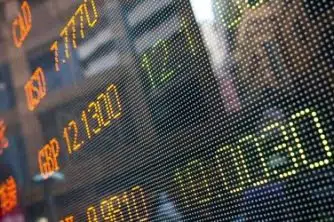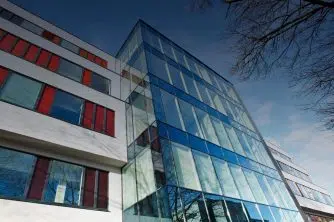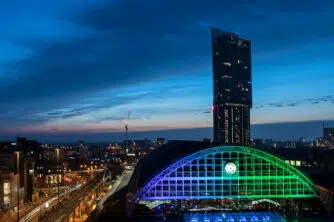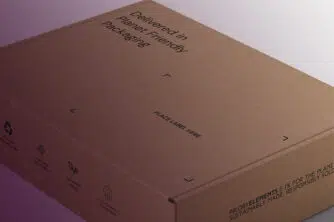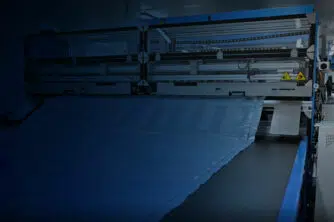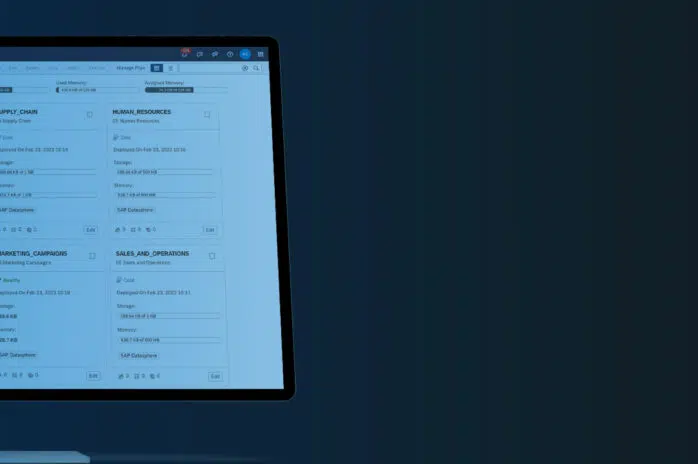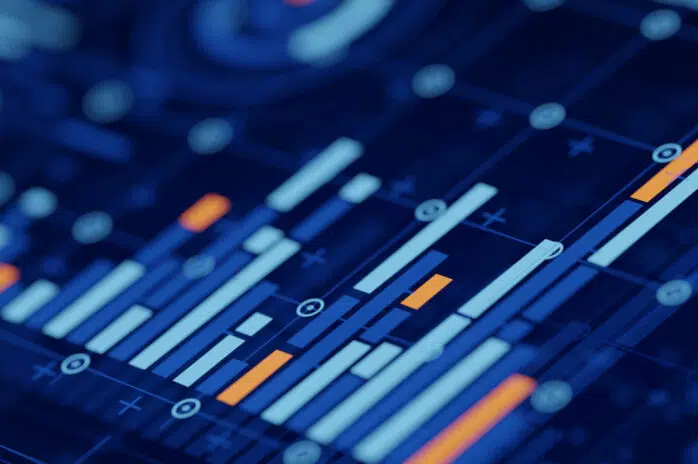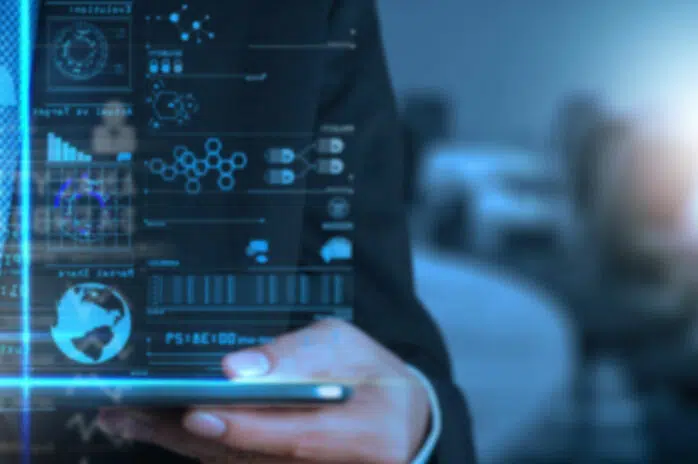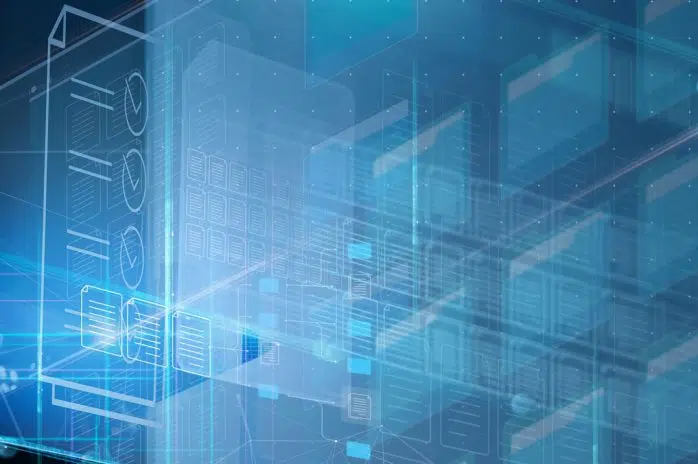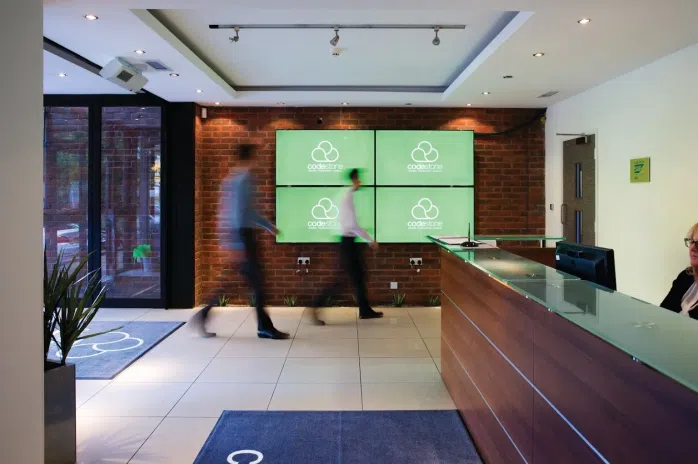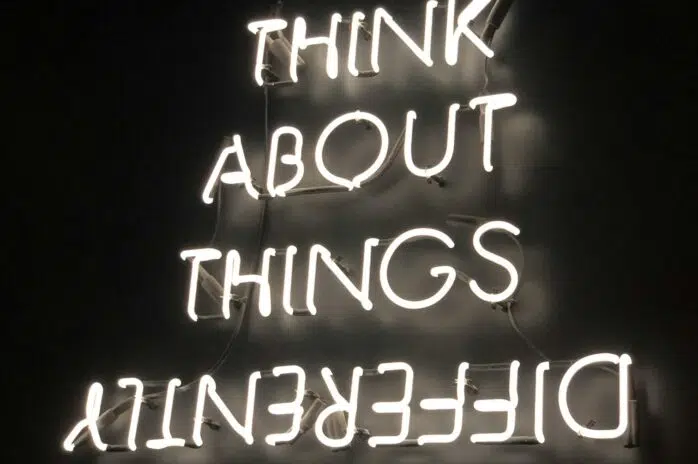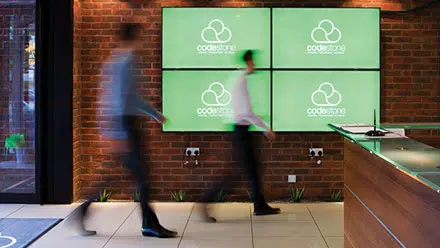Retail has never been more complex. Consumers want and expect a seamless shopping experience across stores, websites, and mobile apps. Supply chains are longer, more complex, and less predictable. Competition is fierce, and margins are razor-thin. To compete, companies have to do more than just offer great products; they also need to take a smarter, more efficient business approach.
That is where ERP, or Enterprise Resource Planning, comes into play. By integrating main functions like inventory, sales, finance, and customer management with automation, ERP helps retailers decrease overall costs by smoothing the operation cycle and adding value to customers. In this article, we compare and summarise the reasons why ERP is crucial, how it changes retail, and what is important when selecting the right solution for your business.
The Modern Retail Challenge
Today’s retailers are juggling more challenges than ever, including:
- Omnichannel expectations: Customers expect a smooth and consistent experience whether they’re shopping in a store, browsing online, or using a mobile app. They want to switch between these options without confusion or frustration. Modern retailers face the challenge of making every interaction feel familiar and hassle-free.
- Complex supply chains: Timing is everything when it comes to managing retail. Stocking enough products to sell without running too late to meet customer demand or leaving too much inventory remains a common dilemma for retailers.
- Demands for Personalisation: Customers love a touch of personalisation. For retailers, this means that providing recommendations and services that are made to feel personal builds a stronger relationship with each customer.
Rising costs and thin margins make efficiency more crucial than ever. Traditional systems and manual processes cannot keep pace with today’s demand. Without modern tools, retailers risk inefficiency, lost sales, and decreased customer satisfaction.
How ERP Transforms Retail
An ERP system centralises your core operations, keeping the processes fluid with high efficiency. Here’s how it makes a difference:
- Real-time Inventory Management: ERP tracks the stock level at every location to avoid the shortage of essential items and the overstocking of less in-demand items. Automated alerts minimise expensive shortages and waste.
- Smarter Supply Chain Management: With ERP, retailers get full visibility into shipments and supplier relationships, enabling them to predict disruptions and optimise logistics for quicker, more reliable delivery.
- Better Customer Relationships: The integrated CRM brings in all valuable information on customers. This enables the personalisation of marketing, suggestion of relevant products, and thereby improvement of services. This approach engenders loyalty and begets repeat business.
- Faster, More Accurate Order Fulfilment: Order Management: ERP smooths the order process, from buying to delivering, minimising errors and quickening the pace of fulfilment in accordance with customer demand.
- Smarter Workforce Management: From rostering and payroll to performance tracking, ERP automates HR tasks without compromising on strict labour laws and saves a lot of time in doing so.
- Data-Driven Decision Making: Real-time analytics on sales, expenses, and customer behaviour give retailers the practical insight that will help them make the right decisions that will ensure their growth.
- Less Cost, Better Profitability: Automation reduces manual work, trims operating costs, and limits waste, a sure fire formula for keeping your bottom line in better shape.
- Scalability for Growth: With the right ERP, you can open new stores, expand product lines, or try an e-commerce ERP that grows with your company without disrupting business.
The Cost of Standing Still
Many retailers are sceptical about upgrading their systems, but the cost of sticking to outdated methods is inefficiency. Manual tasks will slow down operations and increase the chances of errors. Additionally, using outdated methods can lead to the following issues:
- Inconsistent Data: Disconnected systems lead to inaccurate reporting and prevent effective decision-making.
- Lost Sales: Poor inventory management may lead to a stockout and loss of sales.
- Customer Frustration: Delays and inconsistency in service alienate customers.
- Limited Scalability: Outdated systems struggle to keep up with business growth, making expansion more challenging.
- Security Risks: Older technology is more vulnerable to data breaches and cyber threats, putting customer and company data at risk.
- Lack of Real-Time Insights: Without up-to-date information, businesses miss opportunities to optimize pricing, stock levels, and promotions.
Modern retailing demands modern solutions. An ERP system not only smoothes your operations but also gives you an edge over the competition.
Choosing the Right ERP for Your Business
Selecting an ERP system is a significant decision. Here are some points to consider:
- Define Your Needs: Identify which areas need improvement, whether it’s inventory management, sales tracking, or customer relationships.
- Look for Industry-Specific Features: Retail-focused ERP solutions may include built-in POS integration, loyalty programs, and detailed sales analytics.
- Scalability: Select the system that will grow with your business, whether by adding more locations or additional sales channels.
- Ease of Use: An intuitive interface means easier adoption by your team.
- Integration Capabilities: Your ERP should work in harmony with other existing software, such as e-commerce and accounting.
- Support and Training: A good vendor will provide proper training followed by continuous support whenever your organisation requires it.
- Cost vs. ROI: Consider the cost compared to the benefits by offsetting the long-term efficiencies gained with the investment to be made.
Future-Proofing Your Retail Business
Implementing an ERP system goes beyond addressing today’s challenges by offering a viable solution to tomorrow’s. As retail continues to evolve, having a centralised, data-driven system helps you stay agile, efficient, and competitive.
At Codestone, we offer support for organisations ready to take the next step towards implementing ERP. Codestone offers ERP Health Checks for organisations looking to overhaul existing infrastructure, and support for organisations taking their first steps into the ERP world.














